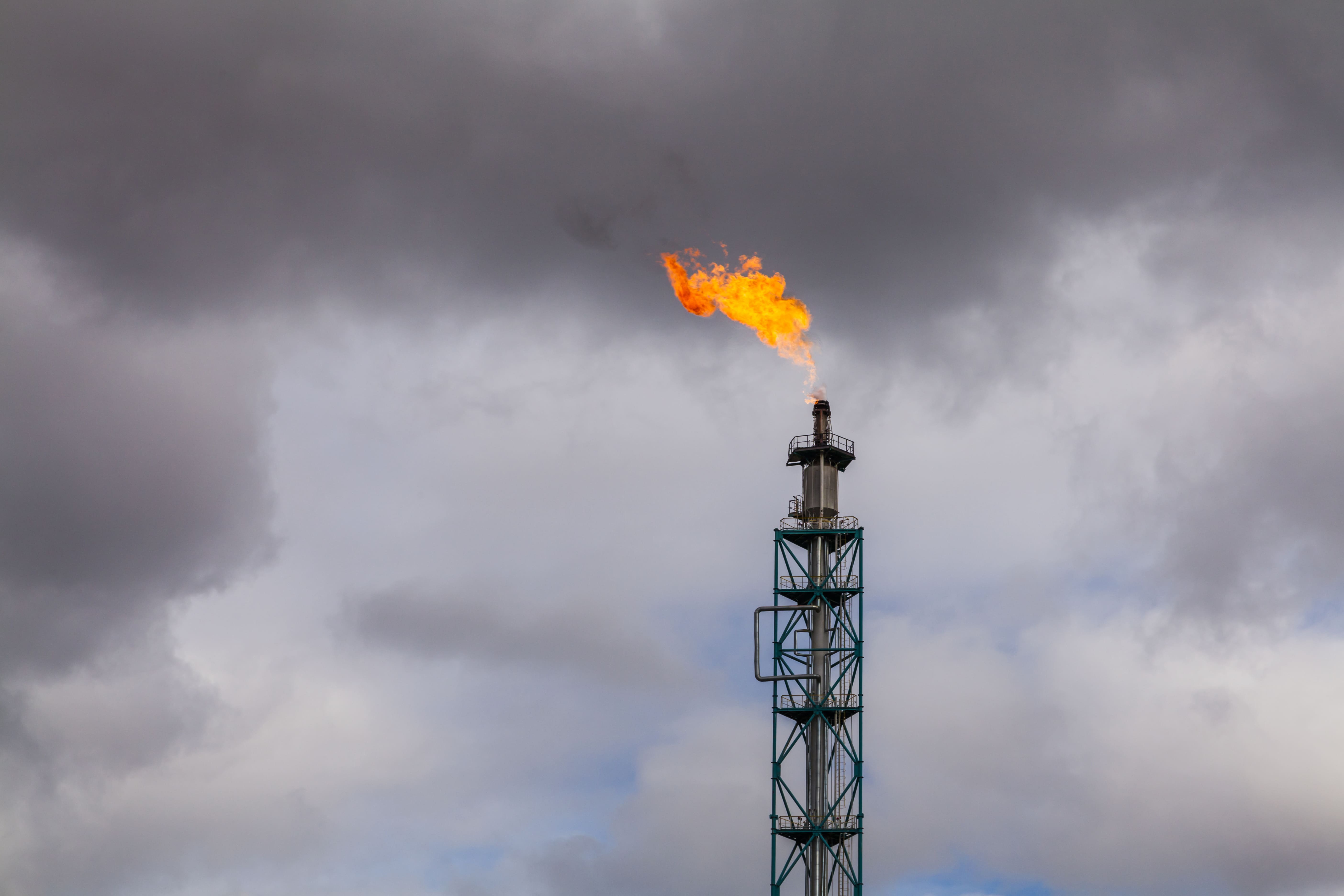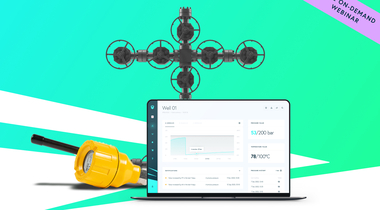You want reliability. Whether it’s the people in your inner circle or the products in your daily life. Just think about it for a second. You don’t buy your favourite peanut butter brand because it’s bad. You buy it because it's consistently good and you trust it. The same goes for data in the oil and gas industry. It should be reliable, consistent and accurate.
Over the years, data has become as valuable as oil. But, O&G companies only use 1% of it, leaving the rest to go to waste.
We sat down to chat with Chris Kirker, Staff Well Engineers at Shell to discuss the challenges of manual monitoring. And to see how HiberHilo is helping Shell get more frequent reliable data.
Get more visibility on your assets.
According to Chris, one of the challenges of manual monitoring is the lack of visibility. 98% of the time, companies don’t know what is happening at remote wells. This is because usually there is no one on-site to monitor what is truly going on with the wells. In the past, Shell monitored its wells once every six weeks. When wells aren’t monitored regularly there is a data gap leaving a big lack of data.
Unfortunately in the industry, a good 5% of manual monitoring data is inaccurate as a result of human mistakes. The current approach to collecting data leaves a lot of room for errors. The majority of companies still manually write down pressure and temperature readings, then enter that data into their computer system. This isn't only a lot of work but this is when a lot of mistakes are made. We’ve all been there, in a hurry skipped a few words. Wrote down a 7 that looks like a 1. But the mistakes in information make it hard for field managers to truly trust the collected data.
React faster to integrity issues.
It’s well known that the oil and gas sector is an asset-intensive industry. There’s always some inevitable wear and tear on equipment that can lead to unplanned downtime. One wrong conclusion in the oil and gas industry can lead to severe consequences. By finding irregularities in the collected data you can intervene in possible issues and risks before they occur.
Mckinsey says with help of digital tools and tech companies can boost their equipment reliability and availability. The tools can also help oil and gas companies control maintenance costs.
With access to reliable data, companies have the opportunity to predict and prevent equipment failures and increase the uptime of equipment used.



